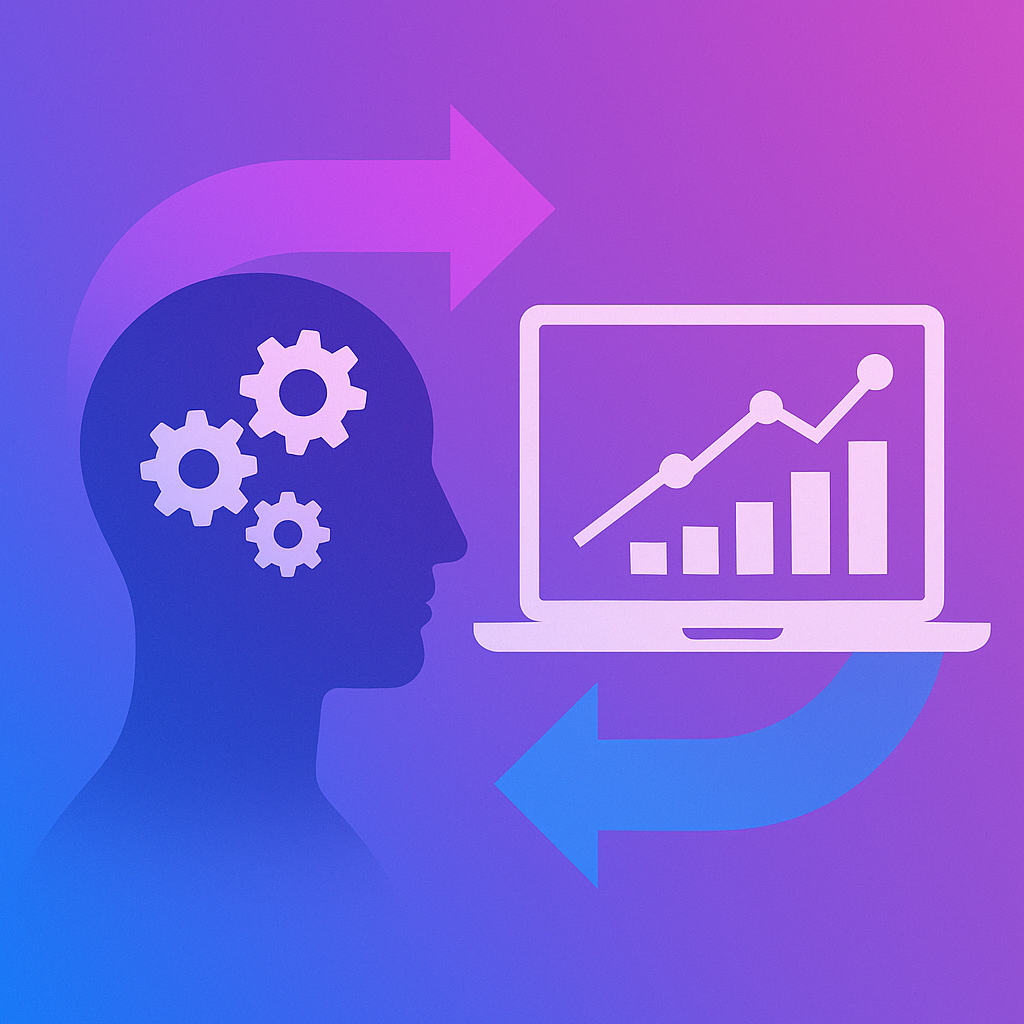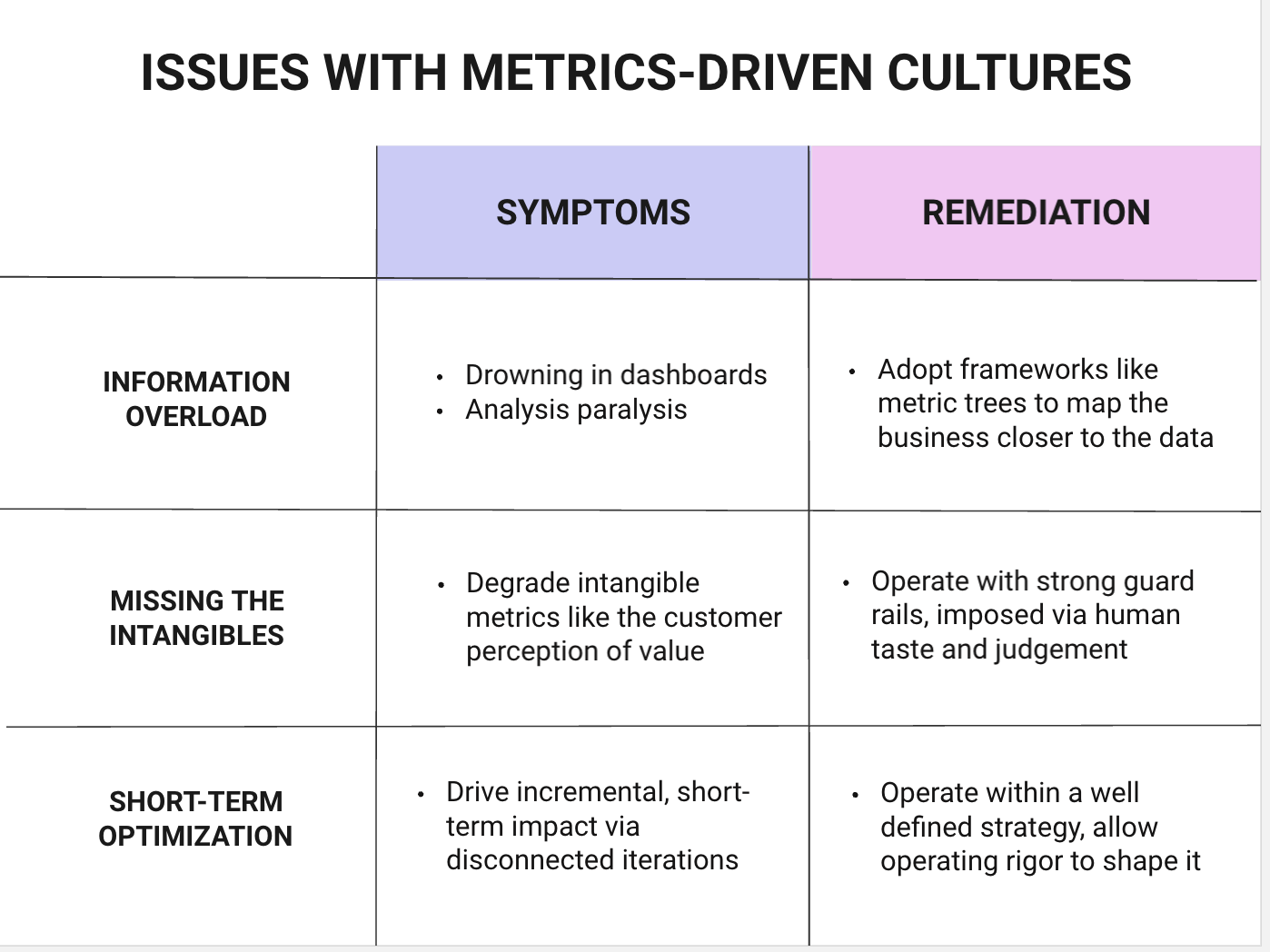The "Data Analyst" role has come under heavy duress in the last decade challenged by at least three waves of market forces - but the underlying job-to-be-done is more important than ever.
As businesses collect more data than ever before and strive to quantify and understand the complex relationships between inputs and outputs, it is strange to see the contention behind the role of the "data analyst".
The First Wave: "Democratizing Data"
The first and still active wave that challenged the role of a data analyst is the concept of "democratizing data." The idea is simple—give everyone in the business access to data and allow them to make decisions without relying on a dedicated analyst.
However, as many organizations discover, this is far easier said than done. Data access doesn’t necessarily equate to good analysis or interpretation. The overly simplistic nature of today’s tools mask the inherent complexity of analyzing data.
So, instead of empowering the entire organization to be analytically rigorous, it leads to a proliferation of isolated dashboards and reports—most of which don’t connect the dots or provide the insights that the business truly needs.
Moreover, most business users simply don’t have the time or the skillset to fully execute on this role and extract meaningful insights from the data available.
The Second Wave: "The Rise of the Analytics Engineer"
Next came the rise of the "analytics engineer." With data growing in volume and complexity, the importance of engineers who build and maintain data pipelines became more easily justified than the role of the analyst, who must sift through this data, explore complex relationships, and derive insights.
I saw first hand analysts and data scientists transition to data or analytics engineers. It also helped that from a pure career perspective, engineering ladders had well-defined paths.
This wave also (accidentally) poured gasoline on the concept of “democratizing data” by making it a lot easier to create more data assets.
The Third Wave: "AI Will Replace Analysts"
And now, the third and perhaps most disruptive wave—the "AI wave"—proposes that artificial intelligence will replace many of the tasks traditionally performed by data analysts. Many predict that AI-powered tools will render human analysts obsolete, claiming that AI can perform data analysis faster, more accurately, and at scale.
While I’m bullish about the role AI can play in this domain, I remain skeptical about its wholesale replacement of human analysts. The underlying skills involved here lean towards artificial general intelligence (AGI), but we are simply not there yet.
So, while I can’t predict how long the traditional data analyst or data scientist role will thrive, or what the optimal percentage of data professionals will be in an organization, I can say with confidence that the underlying needs of the role will never go away.
Businesses will always need individuals empowered with the right tools, who can understand metrics and drivers, spot trends and anomalies, and guide decision-making with data-driven insights.







